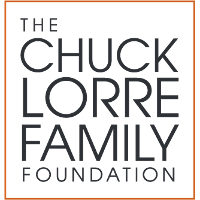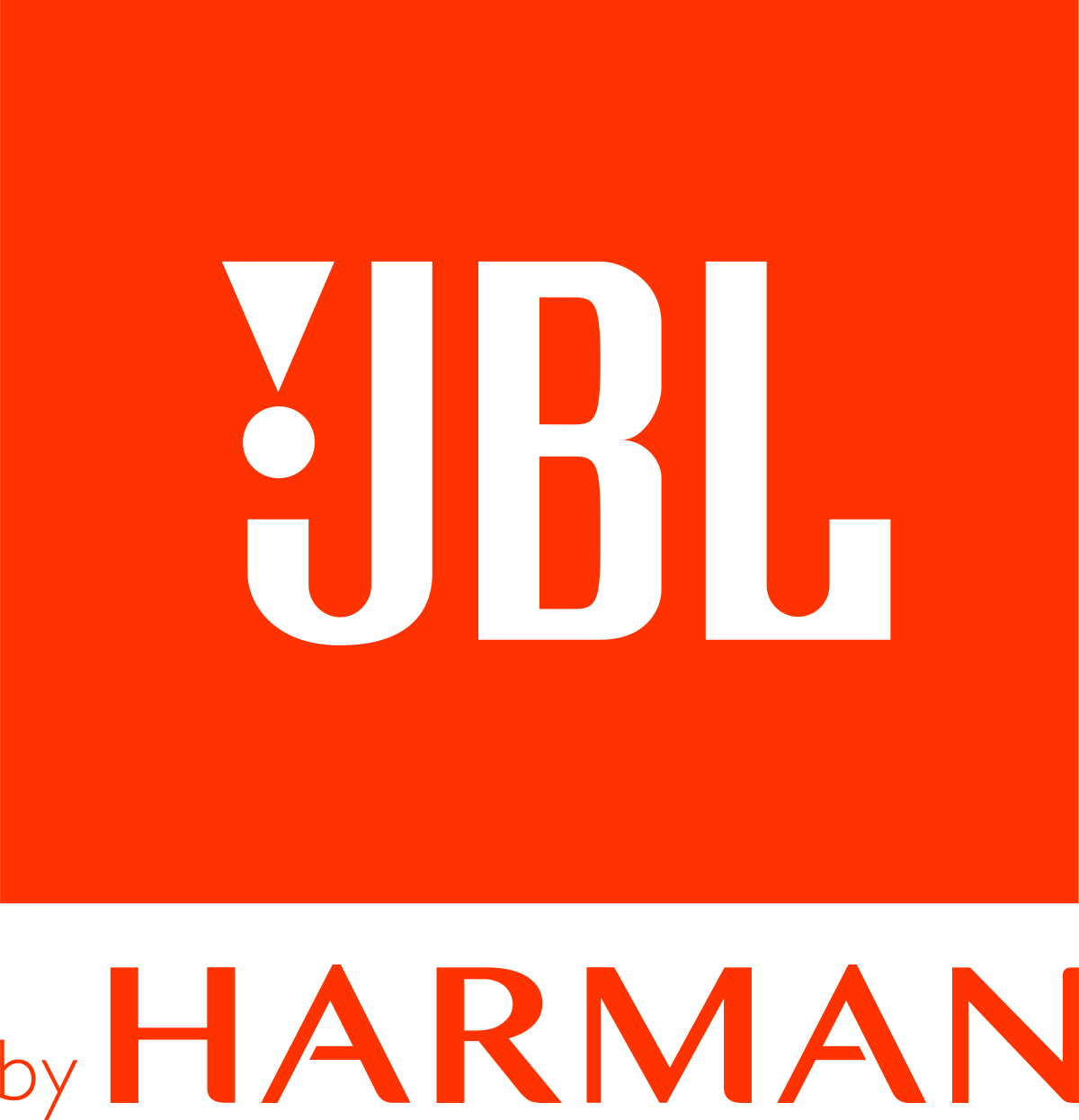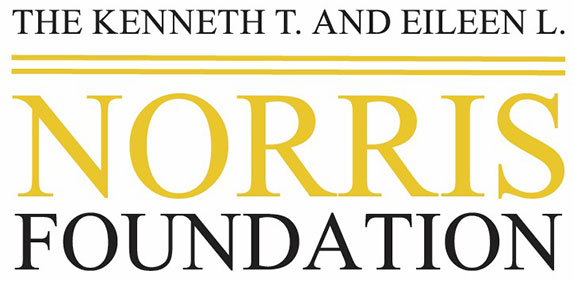Can You Dig It?: A Hip-Hop Origin Story With Chuck D
In conjunction with the GRAMMY Museum’s new exhibit, Hip-Hop America: The Mixtape Exhibit, the GRAMMY Museum is thrilled to host a special panel discussion moderated by Vice Chair of Critical Dance Studies and an Associate Professor in the Department of Black Study at UC Riverside, Imani Kai Johnson, featuring the Executive Producers and Creators of Audible Original docuseries Can You Dig It?: A Hip-Hop Origin Story, Chuck D, Lorrie Boula, Pete Chelala, Bryan Master and Julian Voloj.
As a prequel to DJ Kool Herc’s origin story, Can You Dig It? is an immersive audio-tale of how 1970’s Bronx transitioned from outlaw culture to Hip-Hop culture, with the catalyst being the brutal murder of a gang member-turned-peacemaker.
This panel with include audio clips from the docuseries, expert discussion of its inspirations, the production and their thesis: no peace, no Hip-Hop.
ABOUT CAN YOU DIG IT?:
Are you ready for the greatest American story you’ve probably never heard?
The Bronx, 1971. The story of South Bronx gang, the Ghetto Brothers, and their evolution from street gang to peacemakers – and from peacemakers to enablers of Hip Hop culture – reads like a fairytale…or at least a fictional Hollywood script. But every word of it is true. These ambitious, courageous and visionary young men are unsung heroes in the history of Hip Hop…until now.
New York City was under siege: dis-investment, urban planning, crime, poverty, oppression…and to the youth of these communities, gang-life was the only light in a very dark tunnel. South Bronx gang, the Ghetto Brothers were one of the largest and most-feared gangs, but they also operated outside of the normal confines of street life: why fight each other, when they should band-together against the system that oppresses them? With this in mind, Ghetto Brother President, Benjamin “Yellow Benjy” Melendez, strategically evolved the position of Warlord into Peacemaker, and filled that position with the very diplomatic personality of Cornell ‘Black Benjie’ Benjamin.
But, Black Benjie’s first peacemaking-mission would also be his last: on December 2, 1971 he would be brutally attacked and killed, while actively practicing what he preached. This was the moment. Yellow Benjie had a decision to make: avenge his brother’s death, or break the cycle of violence and broker peace. The Ghetto Brothers’ decision would be guided by three critical influences from within their community: art teacher and youth-advocate/mentor, Rita Fecher; community-activist and supporter, Evelina Antonetty; and Joseph Mpa and the Black Panther Party. Spoiler alert: the positive influences made a lasting impression.
A week later, over 50 gangs from the New York area agreed to meet peacefully at the Boys Club in the Bronx, where Yellow Benjy and the Ghetto Brothers offered a truce to put down their weapons against each other, and work together to make their community better. This became known as the Hoe Ave Peace Treaty of 1971, and has a direct correlation to the birth of Hip Hop.
The peace treaty dismantled turf wars, allowing for people to socially come together in new and exciting ways; allowing for the spreading and sharing of ideas, cultures, artforms and visions; allowing for social gatherings…like the party that happened on August 11, 1973 at 1520 Sedgewick Ave in the Bronx.
The death of Black Benjie, and Yellow Benjy’s call for peace, set everything in motion: no death, no peace; no peace, no Kool Herc party; no party, no Hip Hop.
Member Check – In: 6:30pm
Nonmember Check – In / Doors: 7:00pm
Show Time: 7:30pm
American Express® Card Members can purchase tickets from Thu 10/26 10:30AM through Sat 10/28 11AM.

TICKET POLICY
The holder of this ticket is granted admission to the indicated facility for the purpose of viewing the specified event. This ticket is for use by the holder only and the holder is bound by this policy. This ticket is not transferable and may not be sold, otherwise conveyed or used for any other purpose, including promotion or commercial, without the prior written consent of The Recording Academy. If this ticket is sold, otherwise conveyed or used in violation of this policy, it will be deemed revoked and void, and its holder deemed a trespasser at all Recording Academy events. This ticket is a revocable license and admission may be refused by refunding the face amount of the ticket or ejection may occur for failure to comply with any facility rule. The holder agrees not to transmit or aid in transmitting any description, picture, recording or reproduction of the event. The holder acknowledges that the event may be captured and recorded by audio, audiovisual, and/or photographic means, and hereby grants permission to utilize the holder’s image and/or voice in any and all media now known or hereafter devised to further the interests and mission of the Recording Academy. It is unlawful to reproduce this ticket in any form. The Holder assumes all risks incidental to the event, whether occurring prior to, during or after the event, and releases the facility, management, all participants and each of their affiliates, employees, officers, directors, members, partners, owners, managers, sponsors, contractors and agents from any loss, damage or expense resulting from any such risk. The Recording Academy reserves all legal rights and remedies. Save money on ticketing fees next time by becoming a GRAMMY Museum member! More info at grammymuseum.org.
ALL TICKETS ARE WILL-CALL ONLY AND VALID I.D IS NECESSARY FOR PICK UP.
ALL SALES FINAL. NO REFUNDS. NO EXCHANGES.
EVENT TIME, DATE, & DETAILS SUBJECT TO CHANGE
Related
Events
View All
Events
Subscribe
Please provide a valid email address
Please select at least one option above
Thanks for subscribing!























